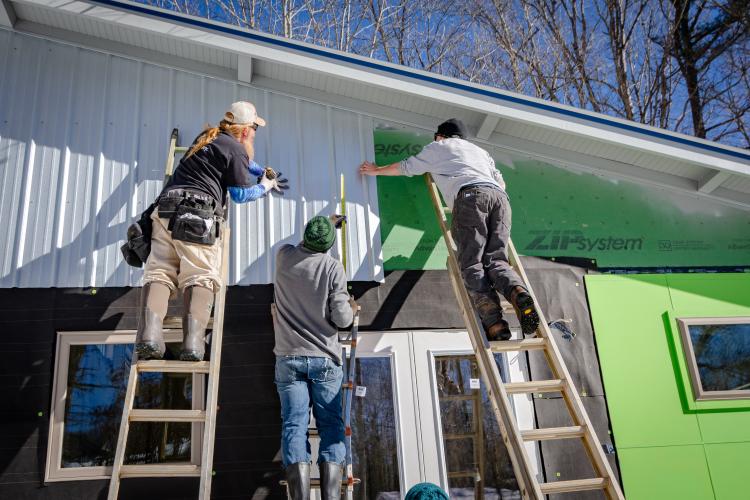
On September 21, 2022, the Chicago City Council passed Mayor Lightfoot's 2022 Chicago Energy Transformation Code, making Chicago the first city in the Midwest to adopt and exceed the 2021 edition of the International Energy Conservation Code (IECC). This and other decarbonization measures will help the city meet its recently released Climate Action Plan.
According to the City’s press release, “The City of Chicago has long been a leader in adopting requirements for energy efficiency and sustainable design,” said Mayor Lightfoot. “Our buildings are major contributors to Chicago’s carbon footprint, so it’s critical that every construction and renovation project increases the efficiency and sustainability of our building stock as part of Chicago’s commitment to combat climate change.”
The Chicago Energy Transformation Code will improve the energy efficiency of newly constructed residential and commercial buildings, additions and major renovations by meeting the efficiency of the 2021 IECC. This puts Chicago 13.4% ahead of the upcoming Illinois residential energy code requirements, which heavily amend the efficiency of the building envelope of homes. The Chicago Energy Transformation Code additionally requires new measures that decarbonize buildings, including the following:
- Requires placement of windows in new buildings to minimize energy demands due to solar heat gain in summer
- Requires new low-rise commercial buildings, such as warehouses, to be designed so roofs can support the future installation of solar panels
- Requires new residences with gas-fired appliances to be built with the electrical capacity and wiring necessary to switch to electric appliances in the future without opening walls or upgrading electrical service
- Requires improved insulation to reduce heat loss through the exterior walls of buildings with projecting balconies or parapets
- Incentivizes the use of smart heating, cooling and hot water equipment that is integrated with the electric grid to reduce demand during peak usage
- Requires indoor plant-growing facilities to use energy-efficient lighting
- Prohibits new decorative gas lighting
The new energy code will allow for two additional third-party verified construction compliance pathways; the gold and emerald certification levels under the 2020 National Green Building Standard (NGBS) and the 2021 Phius standard. Most requirements will apply to building permits applied for on or after November 1, 2022, with additional requirements taking effect on January 1, 2023.
These measures complement the EV-ready requirements the city adopted in early 2020. The Chicago Building Decarbonization Working Group will continue to create recommendations and solutions to further and equitably decarbonize buildings.